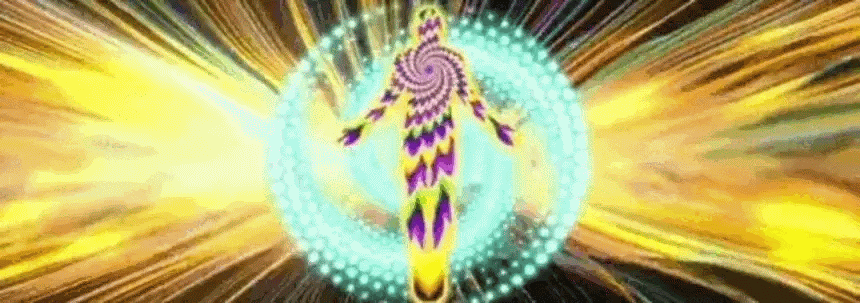THE RIDDLE
Which animal is synonymous with sin?
Ever heard of the Sloth?
More sense and sensibility

Well, it may come as a surprise but the low down on sense is that it is not. Not common that is. In fact it would seem as if something as simple as a mutually shared sensory experience is just about the last thing we can expect.
You see, people observe the world they find according to the heuristic control of everything they believe to know. Simply put it means that people see what they expect, and the same holds true for pretty much all the commonly known senses.
Besides the fact that this innate ability is the reason for the infuriating futility of entertaining something as empty as jealousy, it also means that most of us would probably ignore the alien spacecraft that landed in our back yard, just because they don't.
And in defense of my argument on the absence of mutual sense I would like to submit into evidence the historical account of Columbus, from the native population's point of view.

It was shortly after they shared their “dream vision” that people started to notice the ships that lay anchor in plain sight for the last couple of days. Such is the power of our innate heuristic control, believe it or not.
And by a similar stroke of blind luck it would seem that we actually do not need to share such detail to communicate and grow. With half of it done it only remains to be told in the truth we behold…
I say who cares if it is common or not, the value of a picture without it’s emotional content is pretty obscure if you compare it to the full frontal quadraphonic kind, splendant and replete with enhanced 3D emotional content natively embedded.
Arrr me mateys, ahoy!
Popular Reads
-
Survival is a genetically coded imperative that is reflected in our biological design. It is something that is encoded in our primitive refl...
-
Contemporary medicine has come a long way since the Ancient Greeks, where getting a cure meant sleeping over in a temple where a deity woul...
-
Read Quote of Som Bhatta's answer to The Big Philosophical Questions: Why can't we solve big problems? on Quora


